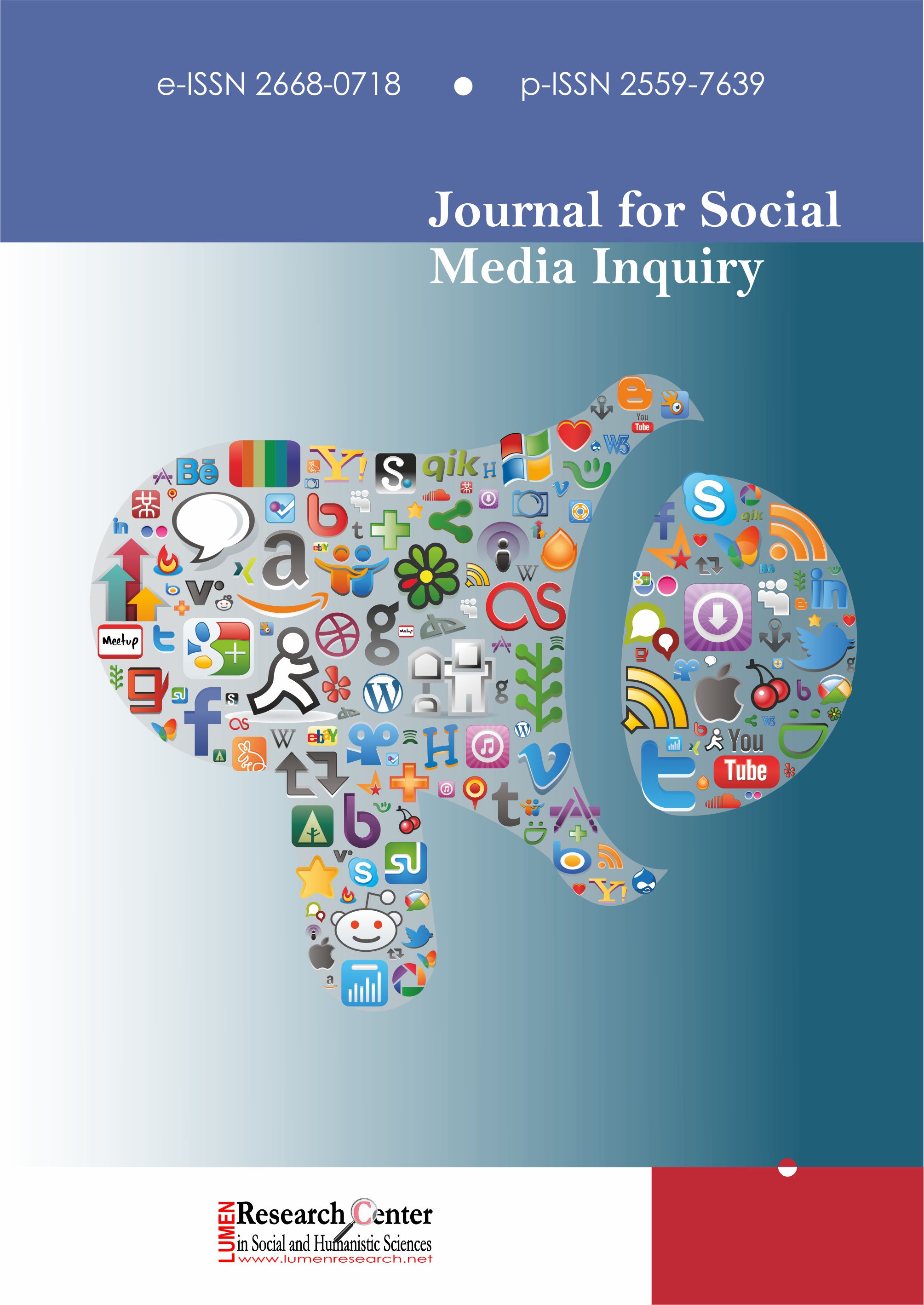A Comparative Analysis, within the Posthumanist Context, of Compassion and Love in Y. N. Harari’s Thought and C.S. Peirce’s Phenomenology
A Comparative Analysis, within the Posthumanist Context, of Compassion and Love in Y. N. Harari’s Thought and C.S. Peirce’s Phenomenology
Author(s): Călin-Ioan TaloşSubject(s): Ethics / Practical Philosophy
Published by: Editura Lumen, Asociatia Lumen
Keywords: artificial intelligence; compassion; love; phenomenology; singularity; coercion; hate;
Summary/Abstract: Posthumanism points out the onset of a new existential episode for the humankind. In the epilogue of the first episode one can notice the advance of humanity in knowledge and innovation without, however, identifying a similar progress with regard to altruism and compassion. Wars are still threatening us even in this century, and hard feelings are at home everywhere around us. We have now reached the dawn of an era found under the auspices of artificial intelligence. Shoshana Zuboff draws our attention to „surveillance capitalism”, pinpointing the existence of the deliberate social inequality. Nick Bostrom, Ray Kurzweil and Max Tegmark emphasize the possibility that machines may acquire „singularity”, a situation in which machines will produce machines that are made according to their own will and independent of the human being, in fact against them, and Yuval Noah Harari announces the next stage in human evolution, anticipating the condemnation of homo sapiens. All these realities and predictions signal the evil that man can do to his neighbour and to himself, implicitly. To what extent can the progress of innovation be accompanied by a progress in the practical implementation of moral values such as love and compassion? How can we think in such a manner that the advance in innovation will not become a weapon against man, but an instrument for his own benefit? In this article I am proposing a brief comparative analysis of Y. N. Harari’s naturalist philosophy of meaning and the phenomenology of love in C.S. Peirce’s philosophy, with the purpose of representing thought paradigms that may considerably contribute to a compassion-driven technological transformation.
Journal: Journal for Social Media Inquiry
- Issue Year: 2/2020
- Issue No: 1
- Page Range: 129-144
- Page Count: 15
- Language: English

